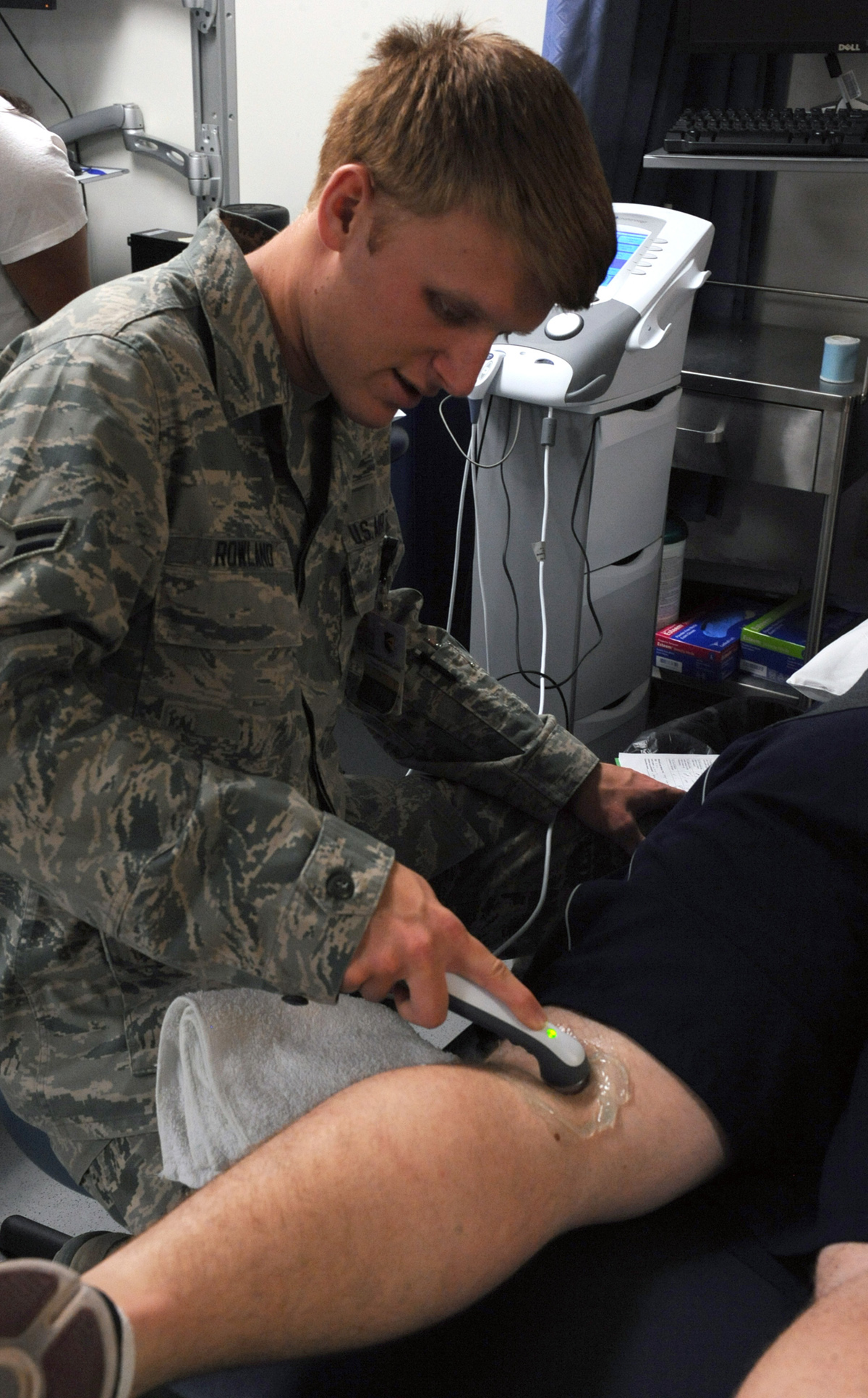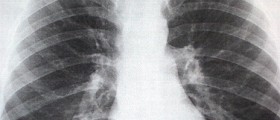
A spasm is an involuntary muscle contraction. It may affect each and every muscle in the body and sometimes the entire group of muscles is affected. In case of muscle spasms in the neck the affected person simply cannot rotate the head or move the head in all the physiological directions. Muscle spasms in the neck may result as a consequence of many medical conditions. Apart from spasms patients additionally suffer from pain in the affected area, swelling and rigid tightness of the neck muscles. The problem can be so intensive and interfere in normal daily activities.
Muscle Spasms in Neck: Causes
In many cases muscle spasms result from abnormal movements of the neck. For example, sudden movements may put tremendous pressure onto the muscles. Furthermore, twisting the neck leads to over-stretching of muscles and can induce muscle spasms. Since muscles contract this causes reduction in the blood supply of the affected area. As a result the injured area becomes painful.
Muscle spasms in the neck can also develop as a consequence of nutritional deficiencies. The most common examples are vitamin D and vitamin B12 deficiencies. Even lack of magnesium, potassium, sodium and calcium may eventually cause muscle spasms in the neck.
Muscle spasms in the neck additionally develop due to certain injuries such as car accidents or sports injuries (in case the neck area is injured). Moreover, if the head is in an abnormal position during sleep the person may experience muscle spasms in the neck the following morning. And finally, spasm of the muscles in the neck always occurs in meningitis. This abnormal reaction of the muscles is a consequence of irritation of the meninges by infective agents.
Treatment Options for Muscle Spasms in Neck
Treatment for muscle spasms in the neck generally depend on the actual cause of muscle irritation. The pain (which usually accompanies muscle spasms) can be successfully brought under control with pain relieving medications. The most effective drugs are anti-inflammatory medications. They can effectively deal with both, the pain and muscle inflammation. Muscle relaxants belong to one more group of medications commonly prescribed in people suffering from muscle spasms of the neck. These drugs can be only prescribed by the doctor if there is a specific indication.
Meningitis requires hospitalization and specific treatment against infective agent that has led to infection as well as symptomatic treatment. Similarly patients who have had serious injury (car accident, sports injury etc) must undergo thorough examination and then the doctor chooses the most convenient treatment modality.

















Your thoughts on this
Loading...